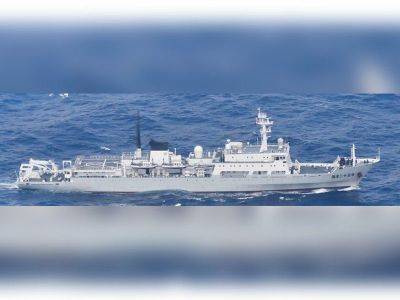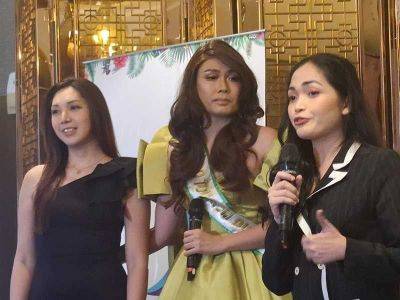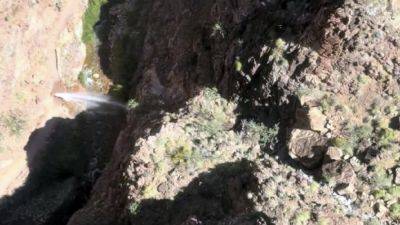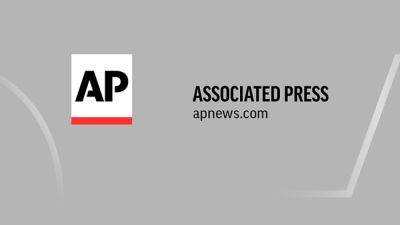$240B in recyclable water squandered every year
THE Philippines yearly wastes about $240 billion worth of recyclable water from rainfall due to the lack of water catchment basins in the country, said Carlos Vasquez, Unicef (United Nations Children's Fund) Philippines chief of its climate, environment and resilience program.
During The Manila Times' «Roundtable» hosted by Chief Executive Officer Dante Ang II, Vasquez on Thursday said «there is a wealth of technology existing in the Philippines» to provide potable and safe water, especially in remote areas.
The Unicef Philippines chief said WASH (water, sanitation and hygiene) practices are essential for children's survival and well-being.
Carlos Vasquez, Unicef Philippines’ chief of Climate, Environment, and Resilience. PHOTO BY J. GERARD SEGUIA«Our mandate is to protect the rights of the child,» Vasquez said.
He said the Philippines could recycle the rainfall so that Filipinos would have access to clean and potable drinking water. He said that access to clean water could also address hygiene and sanitation problems, especially in remote provinces.
«If you look at the amount of rainwater in the Philippines and you put a price tag to it… or the amount of money falling from the sky'… this is about $240 billion worth of water in the Philippines [yearly] alone that can be used,» Vasquez said.
Advertisement«That's a lot of money that could be invested into socio-services. If you ask me the amount of water [that was being] recycled? [It's] nearly nothing,» the Unicef official said.
«So, my quest is with the Department of Education. [I'm] trying to change the school design so that gutters and rainwater collection systems are installed in the 47,000 schools in the Philippines,» Vasquez added.
Unicef, he said, has also signed a work plan with the Department of Science and Technology (DoST) to tap its desalination technology to allow residents in Tawi-Tawi access to clean drinking water. He noted that Tawi-Tawi recorded the highest clean water deprivation level in the country.
Vasquez said the DoST has a technology and solution for rainwater collection systems. «So, we're partnering with them and see how far we can integrate their technology into the work that we do when







